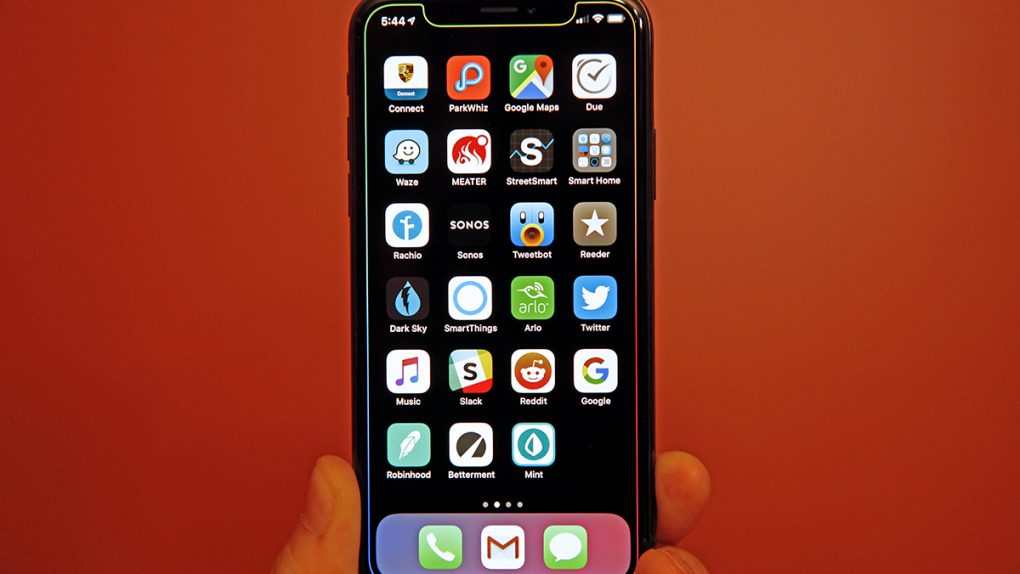For nearly a decade now, analysts have measured the health of Apple’s business by examining the vibrancy of iPhone sales. And with good reason, the iPhone has for some time been Apple’s biggest revenue driver. Looking back, there have been some quarters in recent memory where the iPhone by itself was responsible for upwards of 70% of Apple’s quarterly revenue.
But the Apple of today is not the Apple of yesterday, which is to say there are a number of other factors to consider when dissecting the company’s future prospects. Consequently, Apple yesterday announced that it would no longer be revealing unit sales not only for the iPhone, but for the Mac and the iPad as well. The rationale for Apple’s decision can easily be seen in the market’s reaction to the company’s stellar earnings report yesterday. Though Apple saw impressive revenue growth and completely demolished earnings estimates, Apple shares were down, in part, because iPhone unit sales remained somewhat unchanged year over year. Predictably, no one seemed to care that iPhone revenue jumped 29% year over year.
“As we have stated many times,” Apple CFO Lucas Maestri explained during yesterday’s earnings conference call, “our objective is to make great products and services that enrich people’s lives and to provide an unparalleled customer experience so that our users are highly satisfied, loyal, and engaged.
“As we accomplish these objectives, strong financial results follow,” Maestri added. “As demonstrated by our financial performance in recent years, the number of units sold in any 90 day period is not necessarily representative of the underlying strength of our business. Furthermore, a unit of sale is less relevant for us today than it was in the past given the breadth of our portfolio and the wider sales price dispersion within any given product line.”
While some skeptics might view Apple’s move here as a sign of weakness, it more accurately reflects the current state of Apple’s growing business where the iPhone — though still the company’s biggest revenue driver — is far from the company’s only money-making product or service. Further, because some iPhone releases are more likely to be subject to delays these days, trying to draw sweeping conclusions from an arbitrary 90-day window is far less instructive than it once was.








